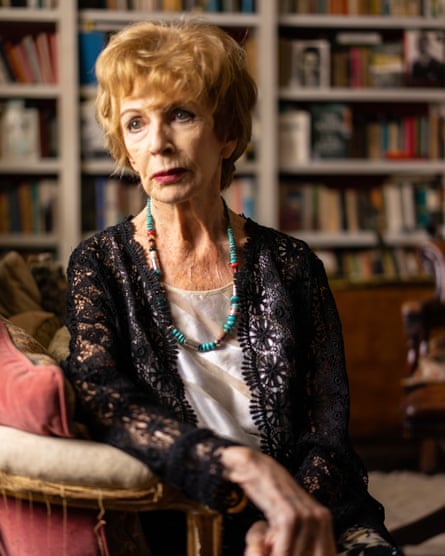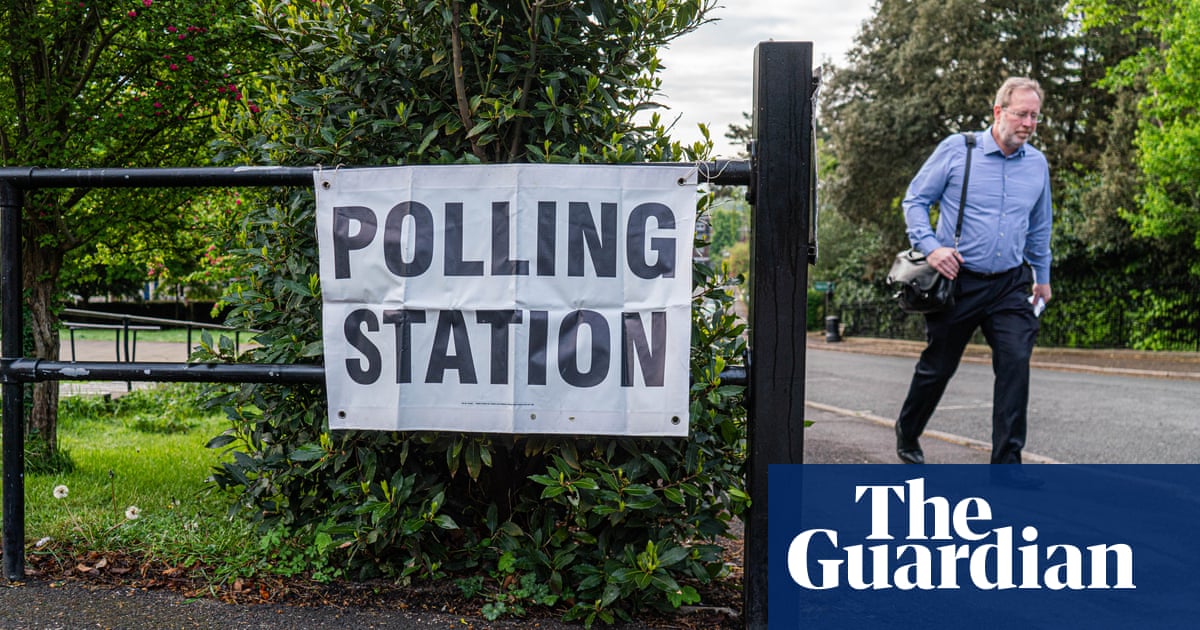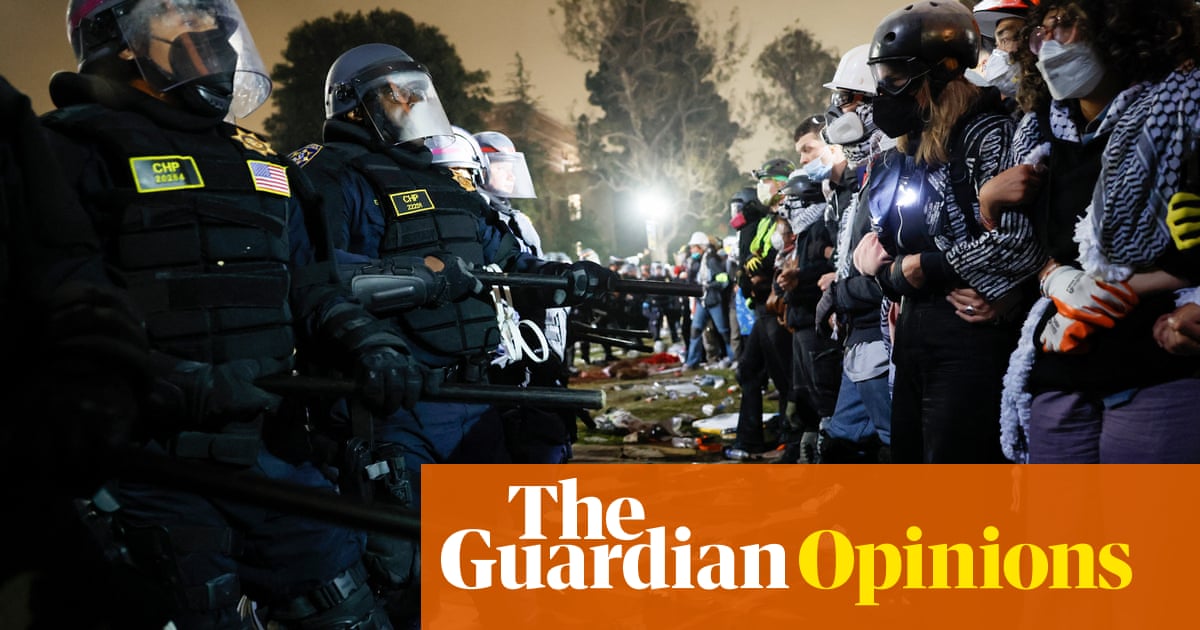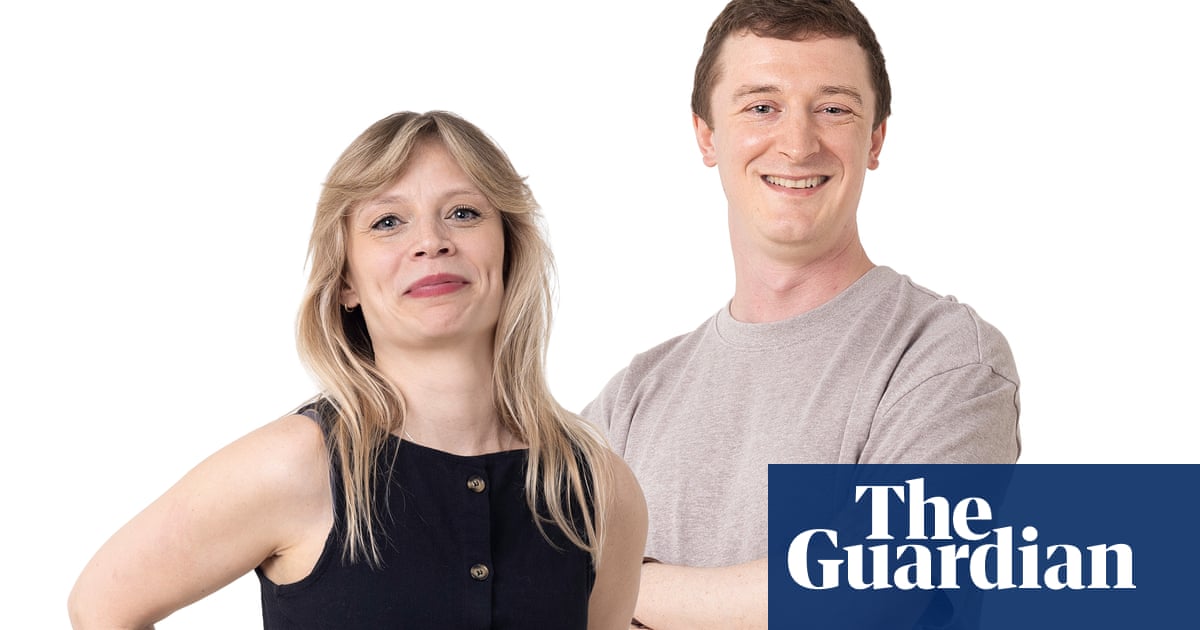I first met Edna at the Royal Court theatre in 1973 at the premiere of Brian Friel’s play The Freedom of the City, which was about Bloody Sunday in Derry. I was in the bar afterwards and, to my surprise, there she was. I’d read all her books – The Country Girls, August Is a Wicked Month, Girls in Their Married Bliss – because you could get them in the north of Ireland when they were banned in the south. Like a lot of people I was slightly in awe of her, but she came over and chatted and she was extremely warm and generous.
Soon after that, she began to invite me to her famous soirees at her house in Carlyle Square in Chelsea, and we became friends. There were always big stars at her gatherings and she would cook roast lamb for everybody. I remember Jack Nicholson showed up at one. He kept calling her “Ed”, can you imagine?
I remember that Harold Wilson was at one of the early ones I went to. I said to Edna: “I think I should maybe go over and discuss the situation in the north of Ireland with Harold.” She said: “On you go.” So I went over, introduced myself, and started off by saying something I thought was really challenging. He just nodded and replied: “Well, aren’t you a very smart young man?” And that was that. He was basically saying: “If you’re so clever, why don’t you shut up.”
Mostly, it was all very easygoing and relaxed. You’d have the likes of Arthur Schlesinger Jnr, who had been an opinion-maker for the Kennedys, rubbing shoulders with actors like myself and TP McKenna. She was like a queen in exile in London, a figure from another time with such elegance, charm and graciousness. She even dressed like an Irish goddess.
Edna often stayed in my house in Dublin when she came back to Ireland. At one point, she bought a house in Donegal and we’d see her a lot. It was a bit wild and remote and I think she grew bored with it after a while. She needed company and intellectual stimulation, but she also had a mischievous side. I remember we were at a party at the artist Felim Egan’s house in 2012, and Liam Ó Maonlaí, the young singer from the Irish band the Hothouse Flowers, came in. Edna dug me in the ribs with her elbow and said: “Liam Ó Maonlaí is a right humdinger, isn’t he?”
She had a fierce intellect. She worshipped Beckett and Joyce. Alongside all that, she had a deep emotional wound that was to do with her treatment by the Irish state, which was unspeakable. They shunned her. She was also rejected by her family – her mother scored out all the rude words in her books – and her community. She never wavered, though. She had the courage to write something like The Little Red Chairs [about a Balkan war criminal who takes refuge in a rural Irish community], and she took on the situation up north with House of Splendid Isolation.

Her body of work is extraordinary and she was still creating great work – and angry work – until the end with her final novel, Girl. I think that her courage in that regard was to do with her deep-rooted sense of injustice – when she smelled it, she went for it.
The last time I saw her was in the Abbey Theatre in Dublin in 2022. She was in conversation with some people and she just silently took my hand and held it while she kept on talking to them for about half an hour. Later, when I heard she was ill, I wanted to come and see her in London, but she wouldn’t tolerate it. She said, just come to my funeral and read something. That was a few months before she died. I think she knew instinctively that she was going.
She came home because she wanted a proper Irish funeral. The night before the service, I stayed in the house that she was brought up in and actually slept in the room in which she was born. It was a spiritual experience. The day itself was very emotional, but so positive. The setting was incredible: the church at Tuamgraney, then taking her over to the holy island near Lough Derg for the burial and the sound of an Irish piper so pure in the open air. She choreographed it. For sure.
I read a scripture and the priest quoted from a poem by Mary Oliver called The Journey: “There was a new voice which you slowly recognised as your own.” He then finished by apologising on behalf of the church and the state for the dreadful way she had been treated. It was so profuse and sincere. When he finished, there was a certain sense of collective relief. The president himself, Michael D Higgins, started applauding. That said it all really.
Edna was such a huge presence; not just a great writer, but someone who helped shape Irish culture and society. I was proud to be her friend.

.png) 3 months ago
37
3 months ago
37













































